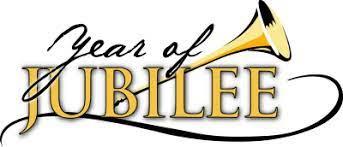The Sabbath Year and the Year of Jubilee
25:1 to 26:2

The teaching in this parashah (see the commentary on Deuteronomy, to see link click Af – Parashah) is, perhaps, one of the many proofs that the words which we are reading are the words of God Himself, and not the product of man’s invention. For, surely, no human being who, being born with a sin nature which he inherited from his father Adam (see the commentary on Romans Bm – The Consequences of Adam), could think of making part of the national constitution of a nation, a teaching which defies all normal standards of economy and flows against the tide of human societies throughout the world.
The parashah before us, although brief (basically one chapter) contains some of the most inspiring principles of human dignity, equality, and justice found anywhere. In this parashah, we learn of the Sabbath Year (see El – The Sabbath Year), giving the land a rest while trusting ADONAI for a three-year provision of food. We are taught about the Year of Jubilee (see Em – The Year of Jubilee) where debts were forgiven, slaves set free, and property returned to the original owner. As if this wasn’t enough to severely damage most economies, the parashah finishes by encouraging and legislating the children of Isra’el to help their fellow Israelites when they are found in poverty.48



Leave A Comment